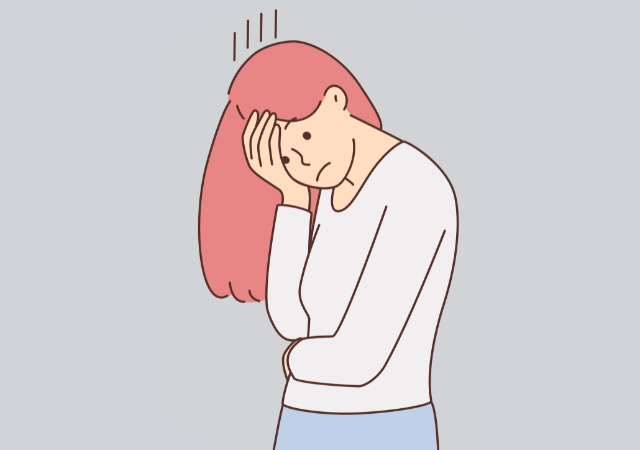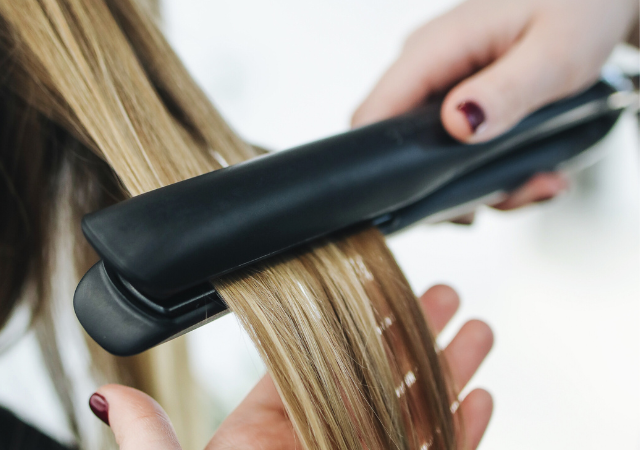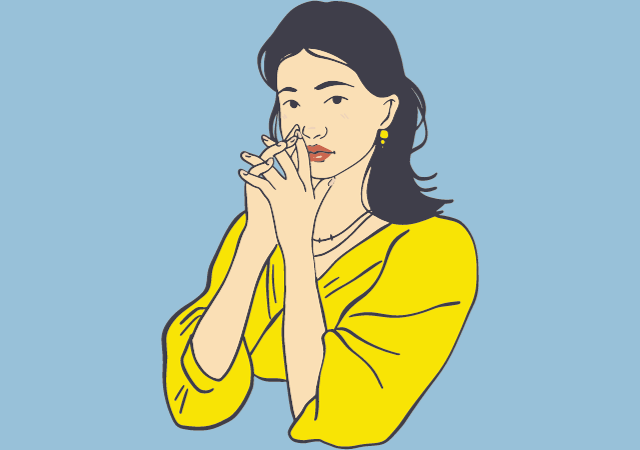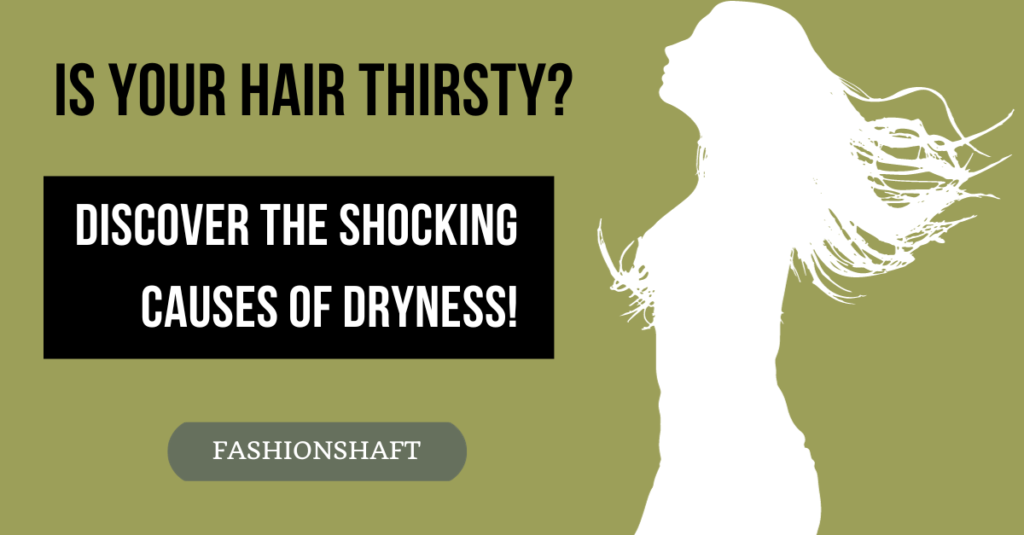Is Your Hair Thirsty? Discover the Shocking Causes of Dryness!
Introduction
Your hair is not just a part of your appearance; it’s a reflection of your overall health and well-being. We all desire silky, vibrant hair that turns heads and boosts our confidence. However, dry and lifeless locks can be a frustrating and demoralizing concern for many.
In this enlightening exploration, we will embark on a journey to uncover the startling factors behind dry hair. Beyond the usual suspects, there are hidden culprits that can leave your hair gasping for moisture. From environmental influences to everyday habits, we will unravel the mysteries that contribute to this common hair dilemma.
Get ready to be amazed as we unveil the surprising causes of dryness and provide you with invaluable insights and solutions to rejuvenate your thirsty tresses. Say farewell to brittle, lackluster hair as we embark on a mission to restore your mane to its vibrant, hydrated glory!
-
The Importance of Healthy Hair

Hair is not merely a superficial aspect of our appearance; it plays a crucial role in our self-esteem and overall well-being. Healthy hair is often considered a sign of good health, and it can significantly impact our confidence and self-assurance. Conversely, dry and damaged hair can be a source of frustration and embarrassment.
But what exactly is healthy hair, and why does it matter? Healthy hair is characterized by its shine, elasticity, and strength. It feels soft to the touch and has a vibrant, natural sheen. When hair is healthy, it reflects light, giving it that coveted luminous appearance. On the other hand, dry hair lacks these qualities, appearing dull, brittle, and lifeless.
Maintaining healthy hair goes beyond aesthetics; it also reflects our overall health. Factors such as diet, hydration, and lifestyle choices play a significant role in the condition of our hair. Dryness can be a sign that our bodies are not receiving the essential nutrients and moisture they need to function optimally.
-
The Common Culprits: Environmental Factors

- Extreme Weather Conditions: One of the most common causes of dry hair is exposure to extreme weather conditions. Prolonged exposure to harsh sunlight, strong winds, and dry air can strip the hair of its natural moisture. UV rays from the sun can also damage the hair’s outer layer, making it more susceptible to dryness.
- Water Quality: The quality of the water you use to wash your hair can also affect its moisture levels. Hard water, which is rich in minerals like calcium and magnesium, can leave mineral deposits on your hair, making it feel dry and rough. Using a water softener or a clarifying shampoo can help mitigate this issue.
-
Hair Care Practices That Dry Your Hair

- Excessive Heat Styling: The frequent use of heat styling tools like hairdryers, straighteners, and curling irons can lead to dryness. These tools can strip the hair of its natural oils and moisture, leaving it brittle and prone to breakage. To protect your hair, use heat protectant products and reduce the temperature on your styling tools.
- Overuse of Hair Products: Using too many hair products, such as shampoos, conditioners, serums, and hair sprays, can weigh down your hair and create a buildup that makes it difficult for moisture to penetrate. It’s essential to find the right balance of products for your hair type and avoid overloading it with unnecessary chemicals.
- Improper Washing Techniques: Washing your hair too frequently or using hot water can strip away its natural oils, leading to dryness. Opt for a gentle, sulfate-free shampoo and lukewarm water to maintain your hair’s moisture balance.
-
Dietary Factors and Hydration
- Nutrition: The health of your hair is closely linked to your diet. A diet lacking in essential nutrients, such as vitamins, minerals, and protein, can result in dry and lackluster hair. Incorporate foods rich in biotin, zinc, and omega-3 fatty acids to promote hair health.
- Hydration: Dehydration affects not only your body but also your hair. When you don’t drink enough water, your hair can become dry and brittle. Ensure you stay adequately hydrated to maintain your hair’s moisture levels.
-
Medical Conditions and Medications

- Scalp Conditions: Skin conditions affecting the scalp, such as psoriasis and eczema, can disrupt the natural balance of oil production. These conditions can lead to a dry, flaky scalp and subsequently dry hair. Treating the underlying scalp condition is essential to restore hair health.
- Hormonal Imbalances: Hormonal fluctuations, such as those occurring during pregnancy, menopause, or thyroid disorders, can impact sebum production. Changes in sebum levels can lead to dryness and a lack of hair moisture.
- Medications and Medical Treatments: Certain medications, like antihistamines, antidepressants, and chemotherapy drugs, can have side effects that affect hair health. If you suspect your medication is causing hair dryness, consult your healthcare provider for alternative options.
-
Aging and Hormonal Changes
- Hormonal Shifts: As we age, hormonal changes can affect our hair’s moisture balance. For example, a decrease in estrogen levels during menopause can lead to reduced sebum production, resulting in dryness. Hormone replacement therapy may be an option for some individuals to mitigate this effect.
- Changes in Oil Production: Your hair’s moisture level is closely tied to the natural oils produced by your scalp. As you age, the production of these oils may decrease, leading to drier hair. Adjusting your hair care routine to accommodate these changes can help maintain moisture.
-
Prevention and Treatment
- Proper Hair Care Routine: To combat dryness, establish a hair care routine that suits your hair type. Choose a shampoo and conditioner specifically formulated for dry or damaged hair. Limit the use of heat styling tools and avoid harsh chemicals.
- Hydration and Nutrition: Ensure you are drinking enough water and consuming a balanced diet rich in vitamins and minerals. Foods like salmon, walnuts, and avocados can contribute to hair health. Consider taking supplements if necessary.
- Scalp Health: Treat any underlying scalp conditions promptly. Regular scalp massages can improve blood circulation and promote oil production. Use gentle, hydrating shampoos and conditioners that nourish the scalp.
- Hormonal Balance: If hormonal imbalances are contributing to your dry hair, consult a healthcare provider for guidance. Hormone replacement therapy or other treatments may be recommended.
-
DIY Remedies and Natural Treatments

- Olive Oil and Coconut Oil Treatments: These natural oils can provide deep hydration to dry hair. Apply warm olive oil or coconut oil to your hair, leave it on for an hour or overnight, and then wash it out for soft and moisturized locks.
- Aloe Vera and Honey Masks: Aloe vera has soothing and hydrating properties, while honey is a natural humectant that helps lock in moisture. Mix aloe vera gel with honey and apply it to your hair as a mask for added hydration.
- Apple Cider Vinegar Rinse: Apple cider vinegar can help balance the pH of your hair and remove product buildup. Dilute it with water and use it as a final rinse after shampooing to restore shine and moisture.
- Egg Yolk and Yogurt Masks: Eggs are packed with protein and fats that can nourish and moisturize the hair. Mix egg yolks with yogurt and apply the mixture to your hair for a natural conditioning treatment.
Conclusion
In the quest for healthy, hydrated hair, it’s crucial to understand the root causes of dryness and take proactive steps to address them. From environmental factors to dietary choices, there are various elements that can impact the moisture levels of your hair. By adopting a holistic approach to hair care, including proper hydration, nutrition, and a tailored hair care routine, you can transform your thirsty locks into a vibrant, head-turning mane. Don’t let dry hair dampen your confidence; instead, embark on a journey to revive and restore your hair’s natural beauty and vitality.

My name is Rohit Vagh and I’m a content writer specializing in fashion and lifestyle. I have three years of experience in this field and have written various articles. My writing style is creative and engaging, and I strive to create content that resonates with my readers. I have a deep passion for fashion and am constantly researching the latest trends and styles to make sure my readers are up to date. I’m excited to continue my career in blogging, and I’m always looking for new opportunities in the fashion and lifestyle space.





